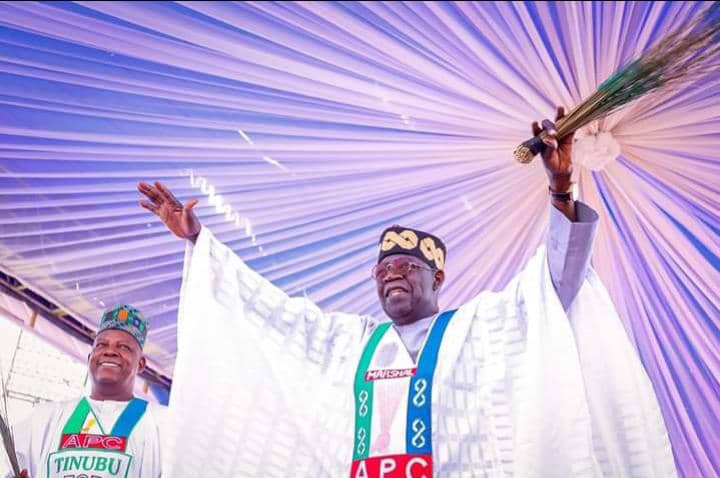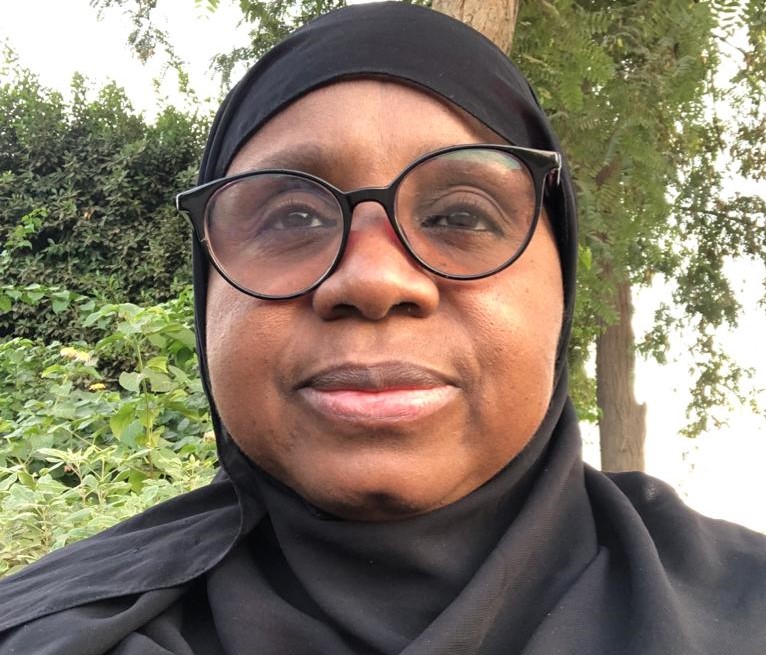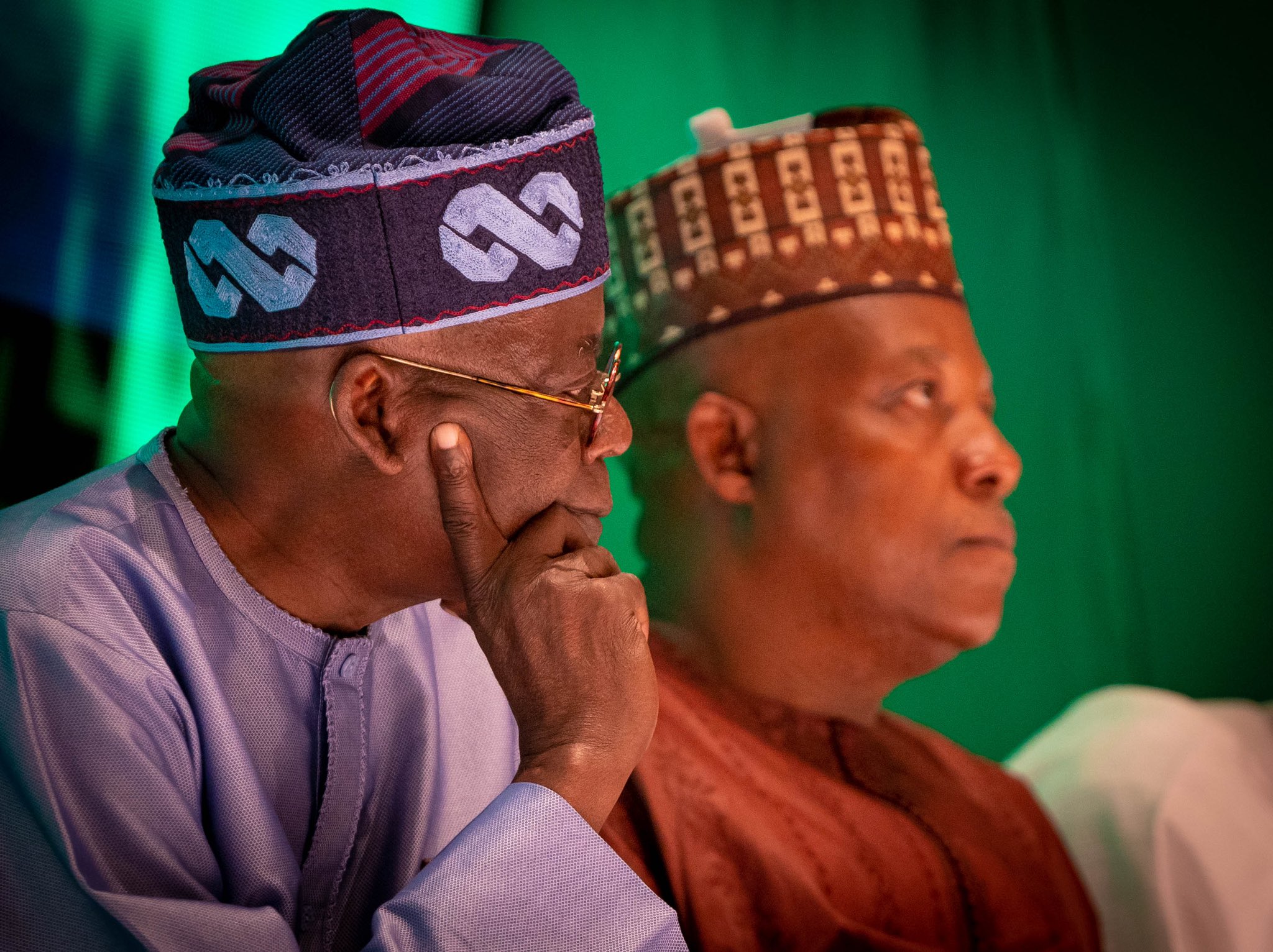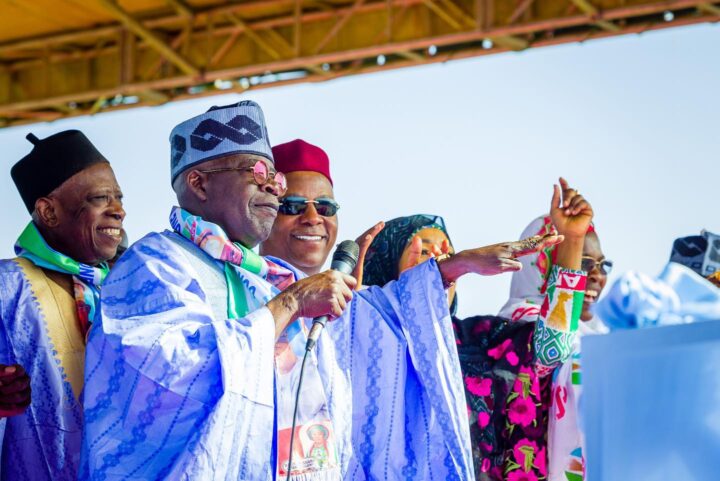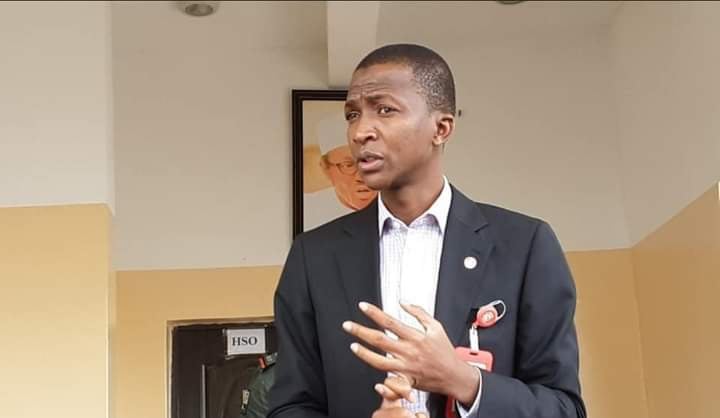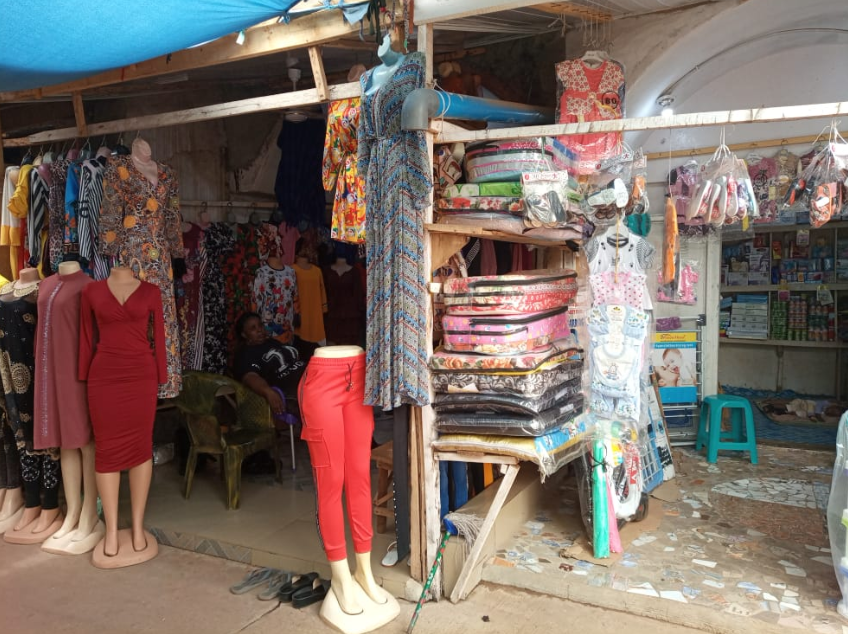BY DANLADI BAKO
Without a doubt, the impending general elections for variegated positions in our political space can easily be ranked as the most discussed, most strategized and most anticipated political battle in our national life in the recent past.
The days of yore had mainly two frontrunners like the National Party of Nigeria (NPN) and Unity Party of Nigeria (UPN) and a smaller party Nigeria People’s Party(NPP) trailing the duo. The voting behaviour in the past was influenced by godfathers, quite frequently votes were discountenanced and result sheets were written in government houses, in quite a few cases ballot boxes were snatched, stuffed with thumb-printed ballots and returned for declaration.
Decades later came the era of manipulation at collation centres or tampering with ballot boxes while in transit between polling booths and collation centres. Nigeria’s electoral evolution has seen drastic change for the better through the maturation of civil society organizations like PLAC, CDD and ACE, the introduction of technology in the pre-voting process and the deliberate political will decidedly propagated by the Umaru Yar Adua, Goodluck Jonathan and Muhammadu Buhari regimes of the fourth republic.
Advertisement
Along with the above factors, the inevitable advent of digital technology into our daily lives has witnessed the growth of the bimodal voter authentication system and its predecessor, the card reader. Another highly undervalued catalyst for the growth in confidence of our electoral process is the incredible cross-fertilization of opinions and ideas as well as increased awareness and advocacy of the 740 active radio and television stations across the country created over the last 20 years of private ownership of the media. Phone-in programmes, access to information, feedback to the government and the opportunity for horizontal communication as against the top-down one-way model has been a huge impetus.
The omnipresent and continually impactful social media and internet platforms have also generated further intense engagement on political issues, especially among millennials.
Tangentially all these factors influence and propound the inevitability of a new strategy to win the next general elections since the arsenals required for the old battle have changed. The templates in the days of yore included vote buying, manipulation of results, intimidation of voters and other such maladies.
Advertisement
As we evolve our electoral process with more defined and stricter entrapments, it is obvious now that it is the candidate that has built his candidacy on mentorship capacity, records of past high-grade performance quotient in public life, huge human capital development index as well as the unrivalled vision that will eventually coast home to victory, in the next elections in few days time. These are the pragmatic realities on ground, this is the praxis of Asiwaju Bola Ahmed Tinubu’s candidacy as the frontrunner in Nigeria’s 2023 presidential race. Circumstances of hardships, world economic challenges, global health challenges like COVID, the Russia-Ukraine war, the earthquakes and natural disasters in Turkey and Syria have forcibly not only demanded more from our leaders but also compelled us as a people to search for our best materials, our first eleven and put them in the position of leadership.
As Plato, the philosopher once said; “one of the penalties for not participating in politics is that you end up being governed by your inferiors”.
Contextually, we the electorate had given our power of selection of political parties candidacy to delegates numbering less than 10,000, who decided our party representatives through indirect primaries. So having outsourced our mandate, we are obliged to restrict our choices for the seat of the president to 18 odd candidates out of which four have emerged as frontrunners. Asiwaju, Atiku, Obi and Kwankwaso lead the pack as we tilt the minds of the undecided voters. I daresay that by the beginning of the year, a large number of party faithful and about half of our 93 million registered voters had made their choices. The imperative of an Asiwaju Bola Ahmed Tinubu as president is predicated on the plethora of issues being considered by undecided voters. The debate today has swept away the Muslim-Muslim ticket distraction, the parochial consideration of ethnicity in favour of competence, and the trivia about health and age being dusted by a robust physically enduring campaign tour schedule at home and abroad have all proven Asiwaju Bola Ahmed Tinubu as the inevitable choice as president of the Federal Republic of Nigeria at this auspicious time in our history.
If intellectual prowess was the sole criterion for the choice of president, then Soyinka would have been in Nigeria and Al Gore in the United States. If physical strength was the sole criterion, maybe the late Power Mike would make the seat, if popularity and pop culture were the sole criteria then the late legend Fela Anikulapo Kuti or Gani Fawehinmi would have been president. But the vicissitudes of time and the unflappable change of fortune within the political, socio-economic as well as the unmistakable genealogy of the Nigerian “can-do” spirit demand that we move from idealism and theorisation of our unsavoury situation to a pragmatic expression of our choices on election day.
Advertisement
Today, this country could do well with a realist, a pragmatist, a leader, a fisher of men and a consummate patriot to lead this great nation to even greater heights. I present to you Asiwaju Bola Ahmed Tinubu for president come Saturday.
Bako (OON) is a member of the media directorate of the APC presidential campaign council
Views expressed by contributors are strictly personal and not of TheCable.
Add a comment
